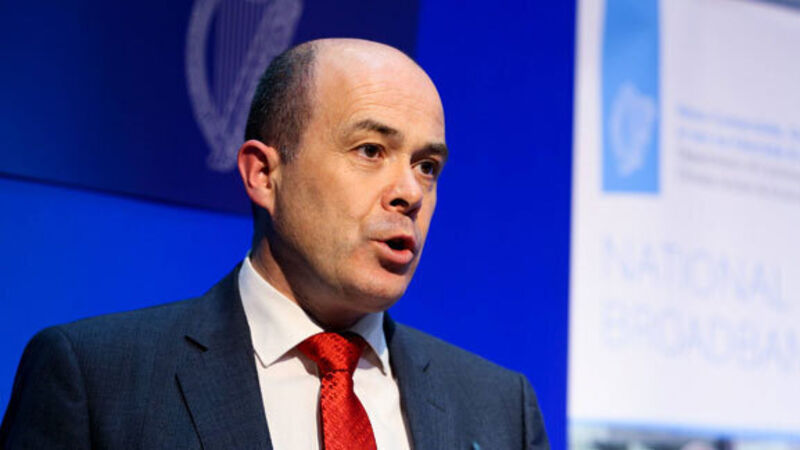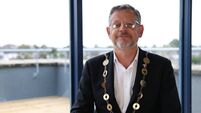Climate change an urgent matter - Minister must tell it like it is

Days before the last general election, the man who would be minister for climate action, Denis Naughten, told RTÉ Radio’s Late Debate that when he was out canvassing, no-one on the doorsteps was asking about climate change.
He wasn’t saying it wasn’t important or that action wasn’t needed, but there was little in his contribution to suggest he was the person to inject a sense of urgency into the national response to the most pressing global issue of our time.
















